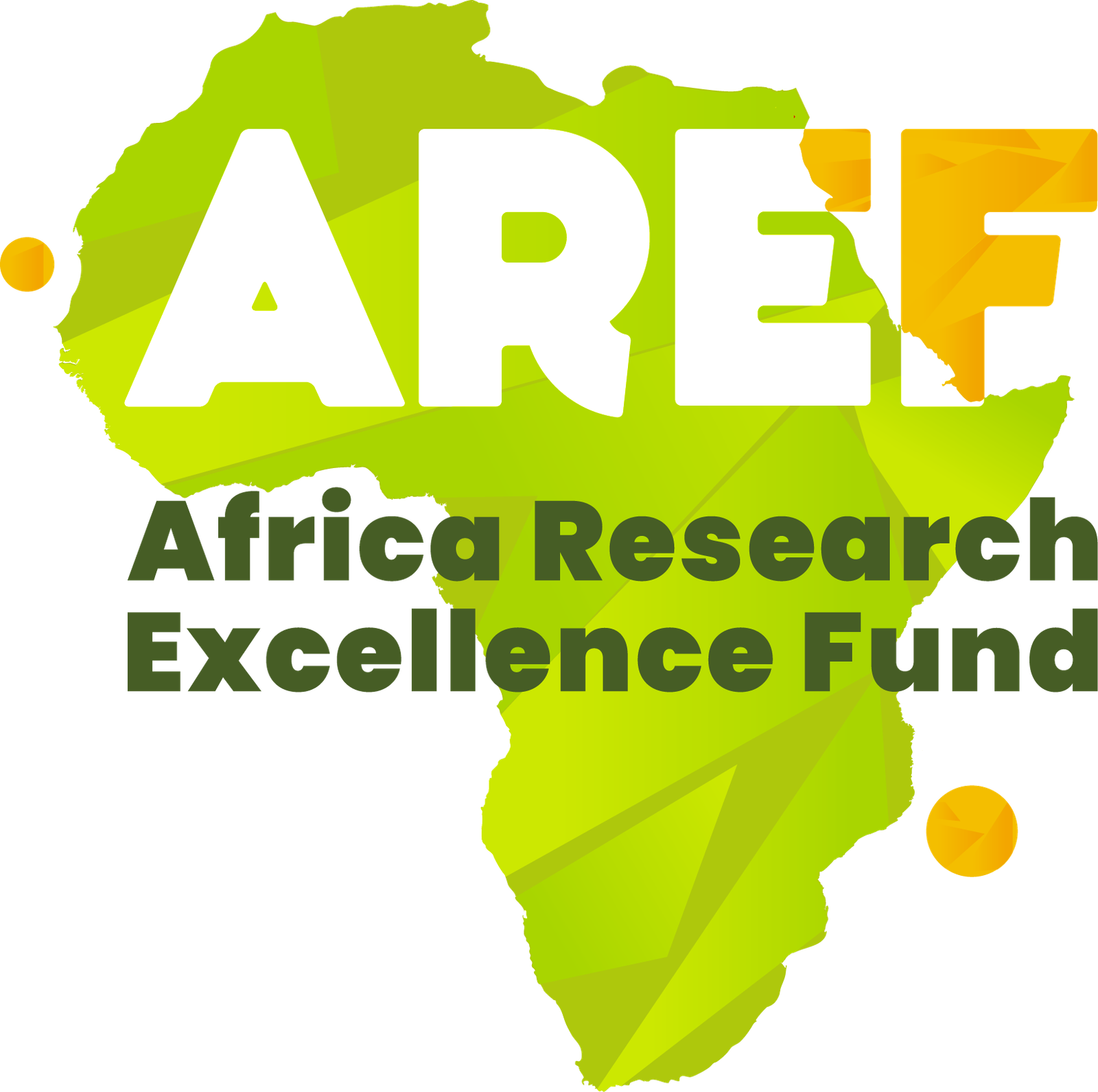We are delighted to award our latest round of Research Development Fellowships to 19 outstanding scientists from 12 countries across Africa.
Our fellows are undertaking three to nine-month placements at leading research organisations in seven different countries in Europe and Africa. These placements enable talented early-career researchers to acquire advanced research skills, test their own research questions, develop highly effective mentoring relationships, and grow a network of potential collaborators.
Our latest cohort of fellows have a wide variety of research interests, including antimicrobial resistance, biotechnology, maternal health, and emerging infectious diseases. Full profiles for each fellow are available here.
Advancing skills in computational methods and biotechnology
Dr Kayode Ezekiel Adewole, from the University of Medical Sciences Ondo in Nigeria, will complete his fellowship at the University of Coimbra in Portugal. He will develop capacity in computational methods for drug discovery in the hope of using these skills to uncover new treatments for visceral leishmaniasis in the future.
From the University of Ghana, Dr Prince Asare aims to build capacity in computational biology at the University of Cambridge (UK) to aid tracking of zoonotic spill overs to control, and possibly prevent, future mycobacterial lung diseases.
Fighting back against antimicrobial resistance
Dr Alidehou Jerrold Agbankpe from the University of Abomey-Calavi in Benin aims to develop skills in phage biocontrol research and genomics at the University of Leicester (UK), to help understand the impact of COVID-19 on the severity of antimicrobial resistance in Benin.
From Usmanu Danfodiyo University Sokoto in Nigeria, Dr Abdurrahman Hassan Jibril will acquire hands-on skills in CRISPR-cas biotechnology at the University of Copenhagen (Denmark), to unlock novel ways for the development of smart antibiotics in the fight against antimicrobial resistance.
Understanding emerging viral infectious diseases
Dr Cruz Sebastião from the Centro de Investigação em Saúde de Angola (CISA) aims to develop a bioinformatics framework during his placement at Universidade NOVA de Lisboa (Portgual), to ultimately understand the dissemination of viral emerging infectious diseases in Angola.
From the Botswana Harvard AIDS Institute Partnership, Dr Kaelo Seatla aims to evaluate clinical and molecular responses amongst SARS-CoV-2/ HIV-1 co-infected individuals in Botswana, hosted by the Africa Health Research Institute in South Africa.
Investigating novel control strategies for malaria
Dr Shehu Shagari Awandu from the Jaramogi Oginga Odinga University of Science and Technology in Kenya will undertake his placement at the Institut de Recherche en Sciences de la Sante’ (Burkina Faso). Here, he aims to develop the skills needed to elucidate how melanization is affecting Anopheles gambiae mosquitos in natural settings in Africa.
From the University of Ghana, Dr Frederica Dedo Partey will undertake her placement at the Centre for Medical Parasitology at the University of Copenhagen in Denmark. This will equip her with the technical skills needed to examine malarial antibody glycosylation and its correlation with immunity in children.
Dr Brian Tarimo from the Ifakara Health Institute in Tanzania will receive training at the Liverpool School of Tropical Medicine in the UK, learning gene editing using CRISPR-Cas9 technology to develop transgenic Anopheles mosquitoes for malaria control in the future.
Also soon-to-be based at the Ifakara Health Research Institute, Dr Onyango Peter Sangoro aims to develop mathematical modelling skills at Imperial College London (UK), to investigate the best approaches for disseminating malaria control tools in different ecological settings in Africa.
Dr Laty Gaye Thiam from the Institut Pasteur de Dakar in Senegal will learn skills for the isolation and characterisation of antibody-secreting cells and the production of recombinant monoclonal antibodies, using state-of-the-art strategies at the University of Oxford (UK).
Developing capacity in maternal, sexual and reproductive health
Dr Robert Langat from the KAVI-Institute of Clinical Research (Kenya), will undertake his placement at the Karolinska Institutet in Sweden to learn novel techniques in spatial transcriptomics to unravel host susceptibility factors to sexually transmitted infections.
From the University of Gondar in Ethiopia, Dr Achenef Asmamaw Muche will work with experts at the Ethiopian Public Health Institute to develop a novel risk prediction model for gestational diabetes mellitus in Ethiopia.
With an interest in building placental research capacity in Ghana, Dr Dorotheah Obiri from the University of Ghana will train in experimental study design, bioinformatics and placental transcriptomics at the University of Cambridge (UK).
Dr Doty Ojwach from Stellenbosch University in South Africa will train with experts at the University of Surrey (UK) to perform in-depth investigations of macrophages to understand maternal HIV and human cytomegalovirus co-infection.
Dr Faith Obegi Onyangore from the University of Kabianga in Kenya is interested in how toxin-nutrient interactions can result in poor pregnancy outcomes. She will strengthen her research stills during her placement the University of Nottingham and the British Geological Survey in the UK.
Improving outcomes for non-communicable diseases and injury
Dr Symon Kariuki from the KEMRI-Wellcome Trust Research Programme in Kenya aims to develop a high-density portable electroencephalograms (EEG) system to help reduce the diagnostic and treatment gap for epilepsy in Africa – he will be hosted by the University of Oxford (UK).
Dr Nomfundo Moroe, from the University of the Witwatersrand in South Africa, will acquire skills and knowledge at the University of Manchester (UK) to develop interventions that could promote hearing conservation behaviours in occupational settings in Africa.
Dr Opeyemi Soremekun from MRC/UVRI and LSHTM in Uganda aims to gain expertise in Mendelian Randomization (MR) analysis to identify novel drug targets and repurpose drugs for cardiovascular diseases in African population at his placement at Imperial College London (UK).
Would you like to be in our next cohort of fellows?
If you would like to be in our next cohort of fellows, applications are now OPEN for our 2022/23 Research Development Fellowships.
Our fellowships are only possible as a result of the support received from a foundation that wishes to remain anonymous, the Sir Leonard Rogers Tropical Medicine Research Fund, and other generous donors.


